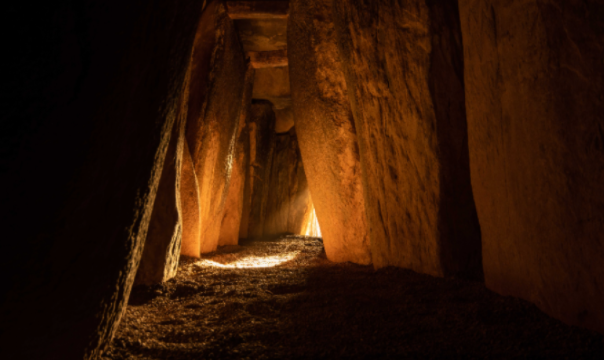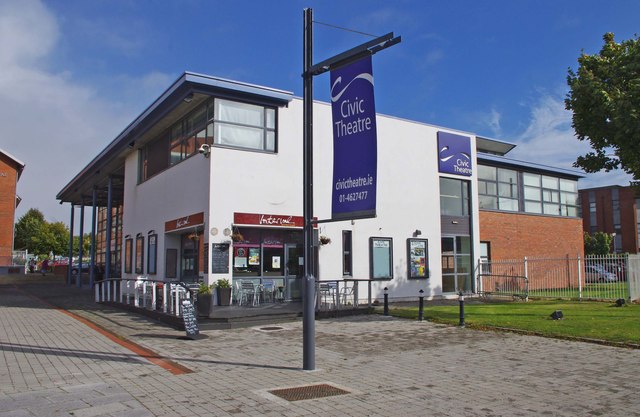Fittingly during Heritage Week, Minister of State for Heritage and Electoral Reform, Malcolm Noonan TD, has announced the establishment of the €2.2 million INSTAR+ archaeological research programme funded by the National Monuments Service, in partnership with the Heritage Council and administered by the Irish Research Council.
The INSTAR+ programme, which will run initially to 2024, is a successor to the Irish National Strategic Archaeological Research (INSTAR) Programme, which ran from 2008 to 2014 and which delivered a number of key collaborative projects in areas such as Neolithic agriculture, ancient human remains and early medieval settlement.
Operated by the Irish Research Council as part of the COALESCE Programme, INSTAR+ will fund 24-month collaborative projects aimed at addressing key knowledge gaps in Irish archaeology, building research capacity, and helping to address the issue of unpublished archaeological excavations. The interactions between commercial, academic and State archaeologists and local communities under Instar+ will lead to greater co-operation and resilience across the sector.
Aligning with the policy objectives of the National Monuments Service, the Heritage Council and the Irish Research Council INSTAR+ seeks to contribute to a better understanding of Ireland’s archaeological heritage by tackling key questions about our past.
The objective of the INSTAR+ archaeological research programme is to fully realise the potential of Ireland’s archaeological record and to transform our understanding of how Ireland’s society has evolved. One objective of INSTAR+ is to ensure that all archaeological work undertaken in the context of development-led excavations, is translated into knowledge about Ireland’s past. INSTAR+ will deliver publications which will bring together information across regions and time periods forming an up-to-date narrative on this past.
INSTAR+ will centre on a number of themes:
• Cultural Identity, Territories and Boundaries.
• Resources, Technology and Craft.
• Exchange and Trade.
• Religion and Ritual.
• Environment and Climate Change.
• Landscapes and Settlement.
• Archaeology and Contemporary Society.
Researchers in IRC-eligible Higher Education Institutions (HEIs) and Research-Performing Organisations (RPOs) in Ireland are invited to submit collaborative applications for funding.
Announcing the establishment of INSTAR+ Minister Noonan said, “we are delighted to be able to make this significant research investment through our National Monuments Service and are extremely grateful to the Irish Research Council and Heritage Council for working with us to develop a very exciting programme. Through the Irish Research Council’s COALESCE programme, the highest quality peer review rigour is ensured of the various INSTAR+ research projects that it is hoped to fund over the next 2 years.”
“The €2.2 million investment in INSTAR+ will support links between Ireland’s highly experienced commercial archaeological sector and our Higher Education Institutions, it will grow research capacity, and it will contribute to a better understanding of Ireland’s archaeological heritage.”
“INSTAR+ will bring together information gleaned from the thousands of development-led archaeological excavations licenced by my Department over recent years, weaving that into the complex story of Ireland’s past. Involving communities as key partners, we will look to research some of the key issues that our society faces today, including environmental and climate change and how societies adapted to those and built resilience. Our understanding of the past shapes our future, with much to learn from how past societies grappled with the challenges of change.”
IRC Director, Peter Brown, remarked, “the Irish Research Council is delighted to support the National Monuments Service in the delivery of an archaeological research programme in Ireland. The INSTAR+ awards align with the COALESCE Research Fund, as it seeks to address national challenges, including key gaps in knowledge within Irish archaeology.”
“The Irish Research Council places significant importance on the sharing of research and innovations, to the maximum extent possible. We strive to establish and cultivate partnerships with Government Departments and Agencies that serve to bring exciting opportunities to the research community. Enhanced co-operation across the sector will allow the realization of a robust evidence and knowledge base, ultimately leading to better understanding of our archaeological resources.”
[sibwp_form id=2]













